I Missed My Chance to Pee on Rupert Murdoch
I first met Rupert Murdoch at the urinal in the men's room. It was 1976 in an office building somewhere in Manhattan.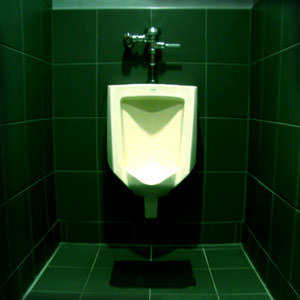
NEW YORK — I first met Rupert Murdoch at the urinal in the men’s room. It was 1976 in an office building somewhere in Manhattan. We were both about to go into a meeting about the fate of New York magazine, then a wild sort of publication staffed with street people — the people put on the street by the folding of the New York Herald Tribune.
The meeting was at a long table of directors, lawyers, financial people and a couple of old Trib scribblers like me. It was quickly apparent that the fix was in, that Murdoch had already won over a majority of the money people on the board, and he was going to leave the room the owner of the magazine we had made. Like many of us — Ken Auletta, Gail Sheehy, Pete Hamill, Gloria Steinem, Steve Brill, I can’t remember them all — I quit on the spot. We all knew we could not work for this man.We the writers and the artists, Milton Glaser and Walter Bernard in particular, really had nothing to do with what was happening. It was about money. It was about Clay Felker, who created the magazine, and Murdoch, an Australian then — he changed his citizenship to own American television franchises like Fox — and what had been their friendship.Murdoch, then, was a pariah in our business, scribbling and drawing. Except for The Australian, a serious paper there, the publications he owned were the equivalents of our National Enquirer plus. He had been thrown out of England when the powers that were there banded together to prevent this provincial from owning the crown jewels of British journalism, The Times of London and The Sunday Times.Looking for a new base, he landed in New York, and Felker, who liked Murdoch’s outsiderness, sort of adopted him and introduced him to American powers that were. One of them, Dolly Schiff, the owner of the high liberal, sometimes way too high, New York Post, agreed to sell it to Murdoch. You can see the results of that by buying the paper any day and seeing what Australian and British editors think of the dark side of American celebrity. It’s a good read.Then Murdoch, still a small player in a big country, mentored by Felker as to how Americans worked, began to go around his patron and try to get control of New York magazine — which was what brought us to the urinals together. Felker, a great editor and a pathetic businessman, was being pressured by his board of directors to stop spending so much money, particularly on a West Coast version of New York called New West. He went to his Australian friend for advice.You can read what happened in former Washington Post owner Katharine Graham’s autobiography about a weekend at her Virginia farm when Felker laid out for Murdoch all of New York magazine’s financials and internal stresses. She was shocked, thinking her friend Felker was giving away the keys to the kingdom. She was right. Although she valiantly fought to help Felker keep the magazine, she failed largely because the editors of Newsweek, which she also owned, were afraid Felker would take over their magazine if he got inside the Washington Post tent.The rest is history. Murdoch did get a couple of Britain’s racy tabloids and The Times of London, breaking unions along the way, as he outmaneuvered one adversary after another and became the behind-the-scenes power in British politics. In the United States, it was more difficult to do that. But he did it, creating Fox News as an arm of the Republican Party and then making the party into an arm of Fox News.© 2011 Universal Uclick
Your support matters…Independent journalism is under threat and overshadowed by heavily funded mainstream media.
You can help level the playing field. Become a member.
Your tax-deductible contribution keeps us digging beneath the headlines to give you thought-provoking, investigative reporting and analysis that unearths what's really happening- without compromise.
Give today to support our courageous, independent journalists.


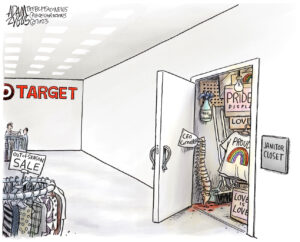
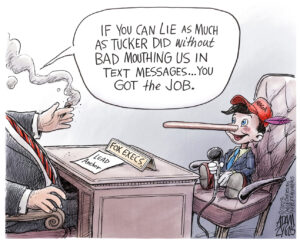
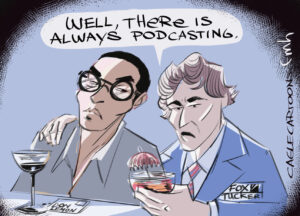
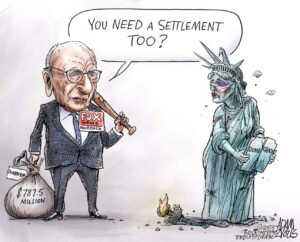
You need to be a supporter to comment.
There are currently no responses to this article.
Be the first to respond.